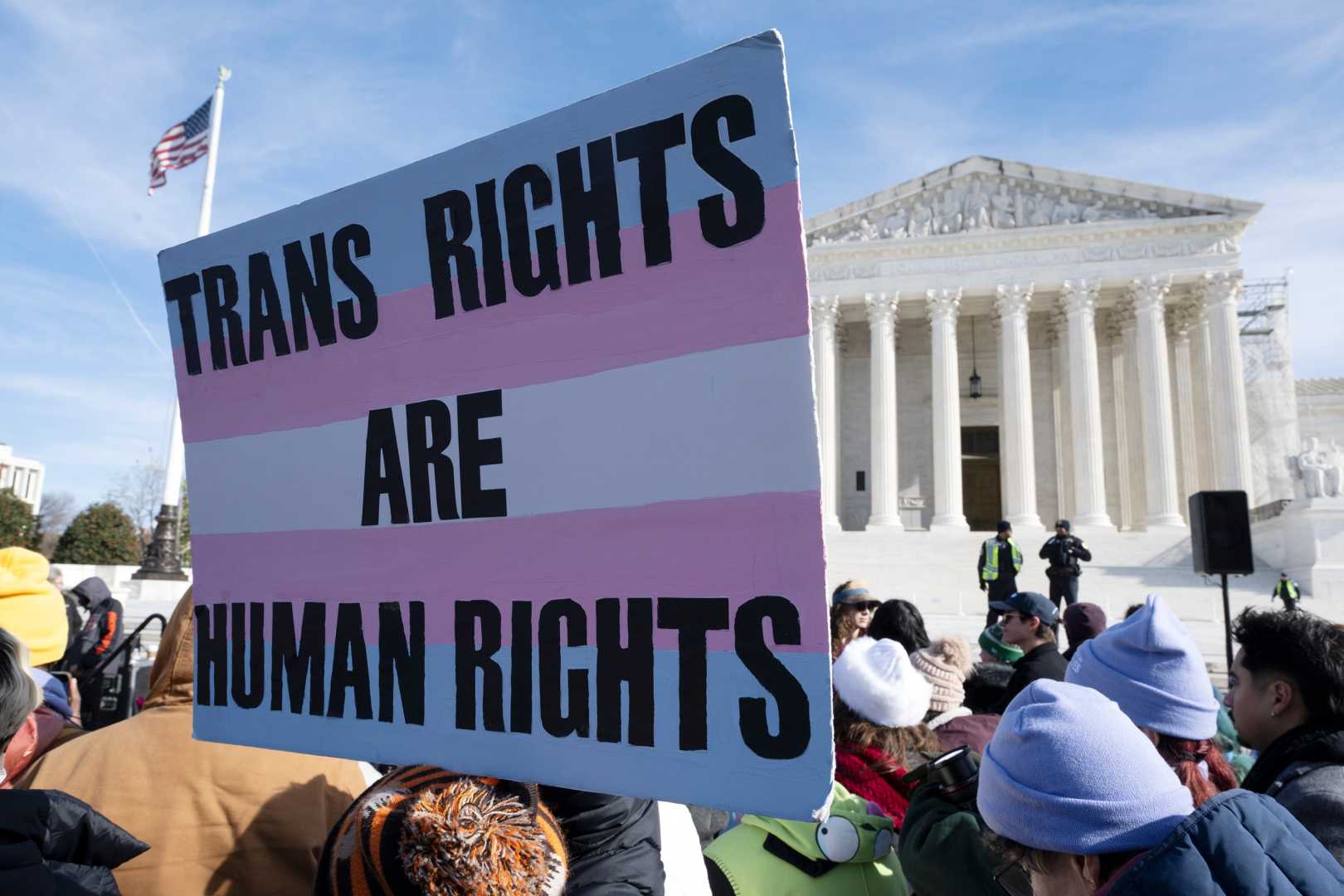Politics
Supreme Court Upholds Tennessee’s Ban on Transgender Minors’ Medical Care

WASHINGTON — The U.S. Supreme Court upheld a Tennessee law banning gender-affirming medical treatments for transgender minors in a 6-3 ruling on Wednesday. The decision shields similar laws in over 20 states from litigation and marks a significant setback for transgender rights.
Chief Justice John Roberts, who wrote the majority opinion, stated that the court’s role was not to assess the wisdom of the law but to ensure it did not violate the Equal Protection Clause of the 14th Amendment. He emphasized that the ongoing debates among medical experts regarding the safety and efficacy of treatments like puberty blockers and hormones influenced the decision.
In dissent, Justice Sonia Sotomayor criticized the majority for abandoning vulnerable children and their families to political whims, asserting there is no constitutional justification for such a ban. Sotomayor expressed concern that the ruling would cause “untold harm” to transgender youth.
The law prohibits healthcare providers from administering treatments to minors aimed at gender transition, although it allows these medications for other medical reasons. Critics of the law, including attorneys from the ACLU and Lambda Legal, argued that it discriminates against transgender individuals, violating their civil rights.
Chase Strangio, co-director of the ACLU’s LGBTQ & HIV Project, described the ruling as a devastating loss for transgender individuals and their families, emphasizing the determination to continue advocating for their rights. The Tennessee law is viewed by many as part of a broader effort by conservative lawmakers to impose restrictions on transgender rights across the United States.
Tennessee Attorney General Jonathan Skrmetti hailed the ruling as a victory for state rights, stating that the legislature acted to protect minors from irreversible medical decisions. The decision comes amid growing national debates surrounding gender identity and transgender healthcare, which have become key issues in political discourse.
With ongoing legal battles and public opinion split on these issues, advocates for transgender rights are committed to continuing their fight for dignity and equality despite this setback.












